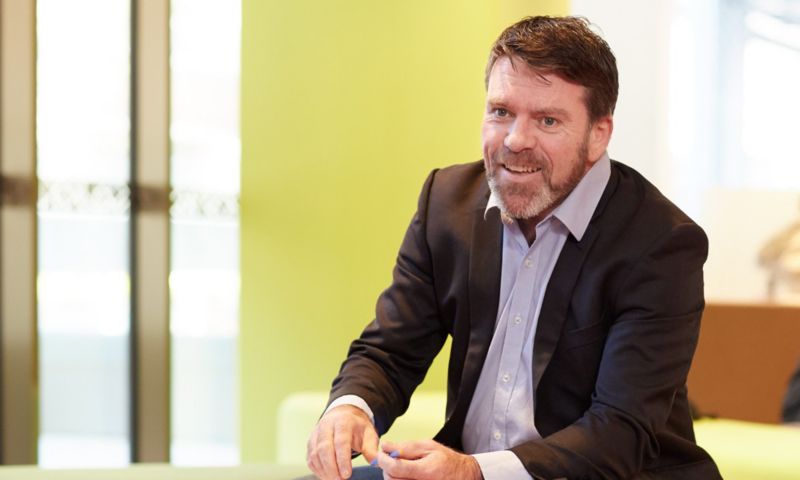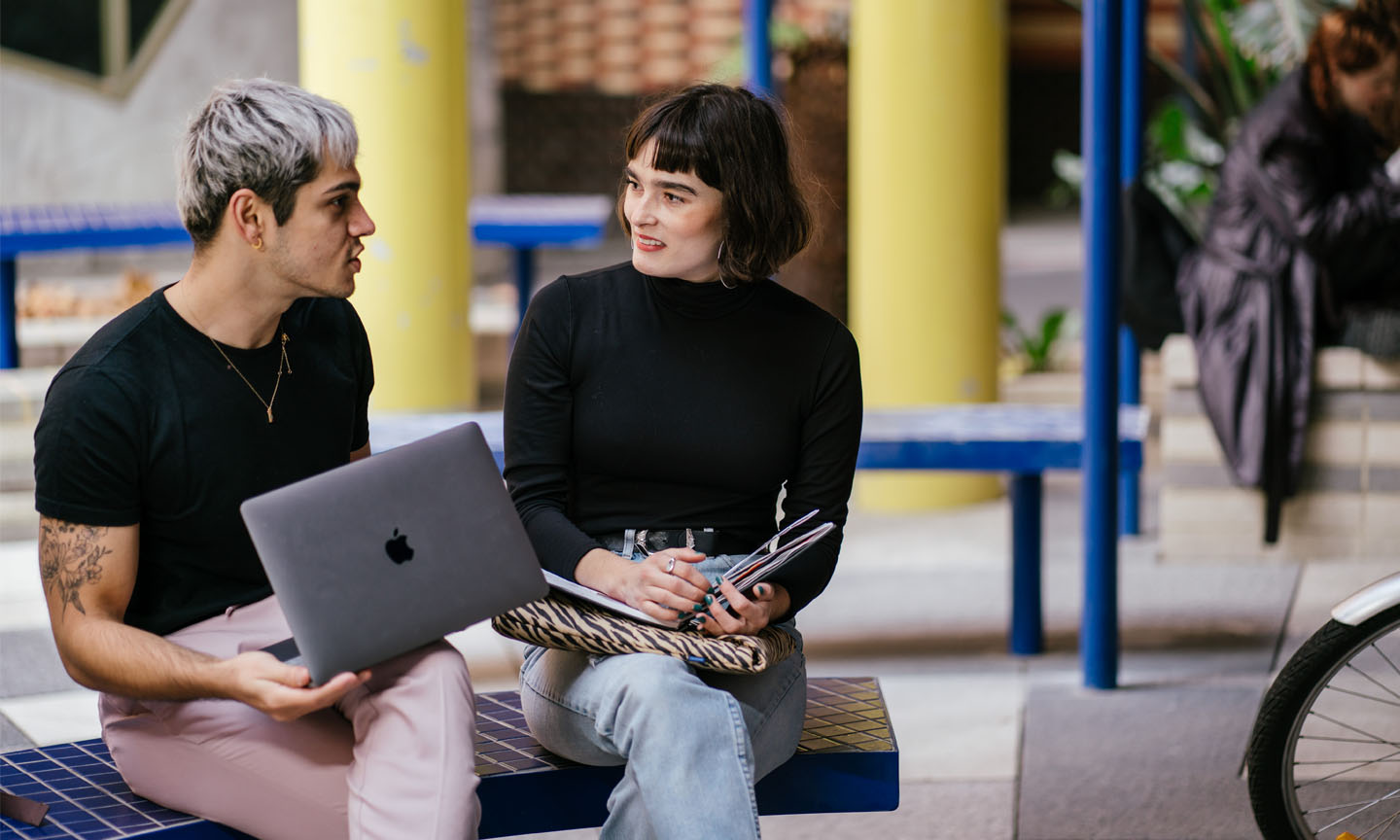Steven Kennedy was working in petroleum engineering when he decided to change tack and focus on clean energy engineering solutions.

Life as an electrician working in heavy industry took Kennedy to the North Sea where he worked on exploration and production platforms before returning to Australia.
Back home he worked with the Australian Government to establish the National Offshore Petroleum Safety and Environmental Management Authority and later, helped to regulate the Victorian oil and gas, geothermal, and pipeline industries.
But it was a role on a major infrastructure project that provided the inspiration to go back to study.
“I was working on the Melbourne Metro Tunnel Project, assessing the feasibility of using shallow geothermal energy to heat and cool the five new railway stations,” Kennedy says.
“Part of my work was to design a world-first trial of energy foundations – early works for this project are occurring across the city right now.
“I really thought about how important energy is in our daily lives and began to understand that in the not too distant future, energy would need to come from sources that are sustainable over the long-term.
“It was then that I realised I wanted to be a part of this renewable energy revolution.”
Kennedy says that without the right qualifications, it is difficult for him to simply transition into a different field of engineering.
“After some research I discovered that a postgraduate qualification will provide the skills I need to get into this area."
RMIT's Dr Bahman Shabani says the Master of Engineering (Sustainable Energy) at RMIT teaches the technologies and practices needed to lead the future of sustainable energy.
“As part of the degree, students do a research project where they have the opportunity to focus on an area of interest, such as solar energy, wind energy, bioenergy, energy storage, energy efficiency and demand management, renewable energy government policy and more.” he says.
“Students also study about social, environmental, and economic context for sustainable energy.”
Shabani says the degree places the students in a very competitive position to grab international and local jobs in the area of sustainable energy.
“The impacts of climate change are beginning to be felt across the world and the demand for professionals working in this area is growing,” he says.
“Climate change, energy security issues, and the economic drivers are all supporting further penetration of sustainable energy technologies.
“This puts an increasing demand for more professionals to lead the future of sustainable energy.”
Kennedy agrees there has never been a better time to become qualified in the field of renewable energy.
“The Victorian Government has set ambitious but achievable renewable energy targets to transition the state to cleaner energy generation,” he says.
"Sustainability Victoria recently conducted a comprehensive study that found more than three quarters of Victorians would like to source 100 per cent of their electricity from renewable sources.
“The technology that supports sustainable energy is not new, but what is new, is the attitude of the public towards cleaner sources.”
Story: Rebecca McGillivray
You may also be interested in:
Find the right course for you
With over 350 qualifications to choose from, it's never been easier to find the right fit.


